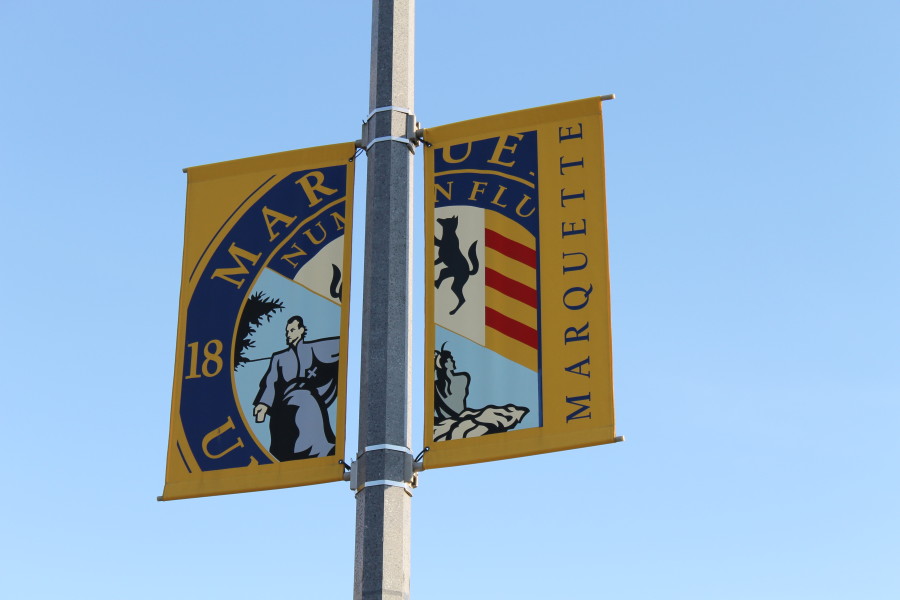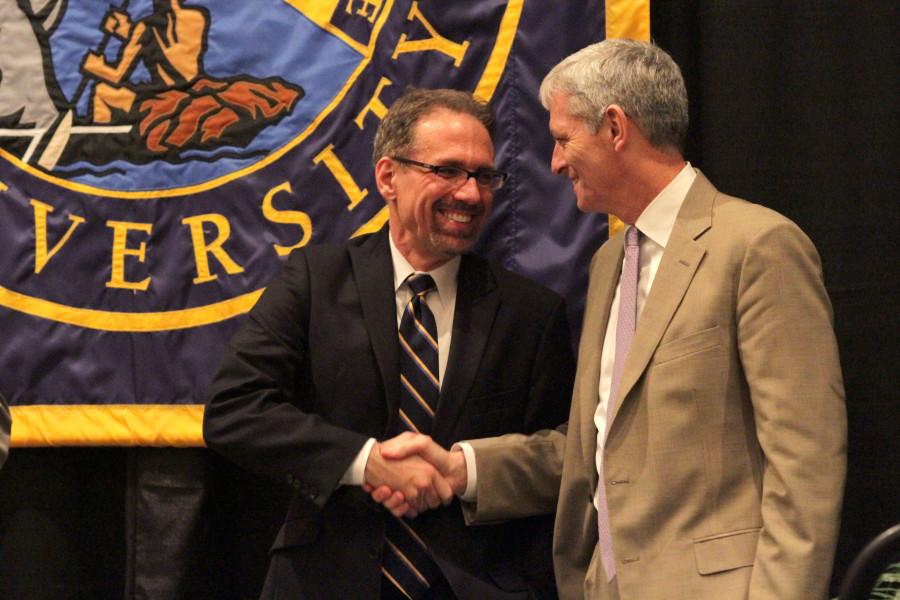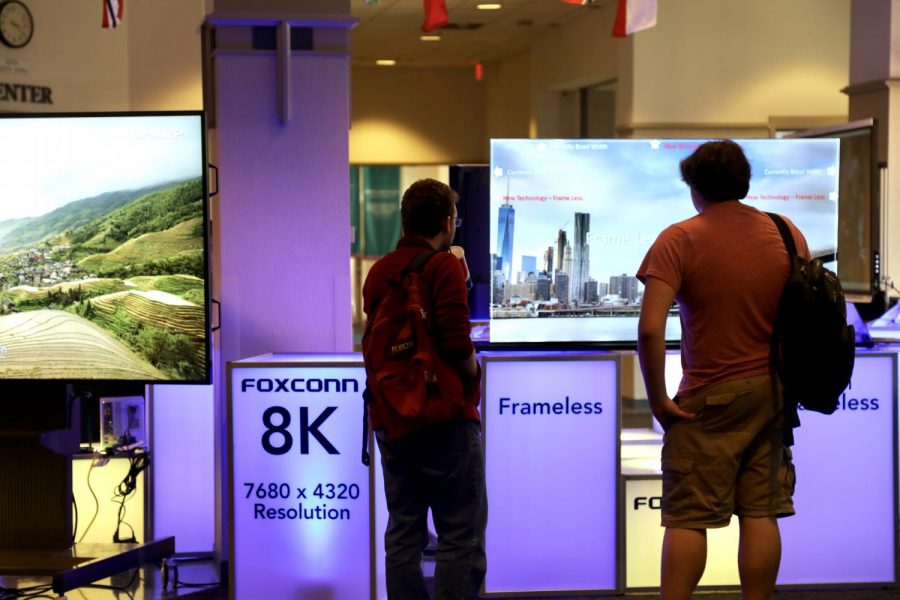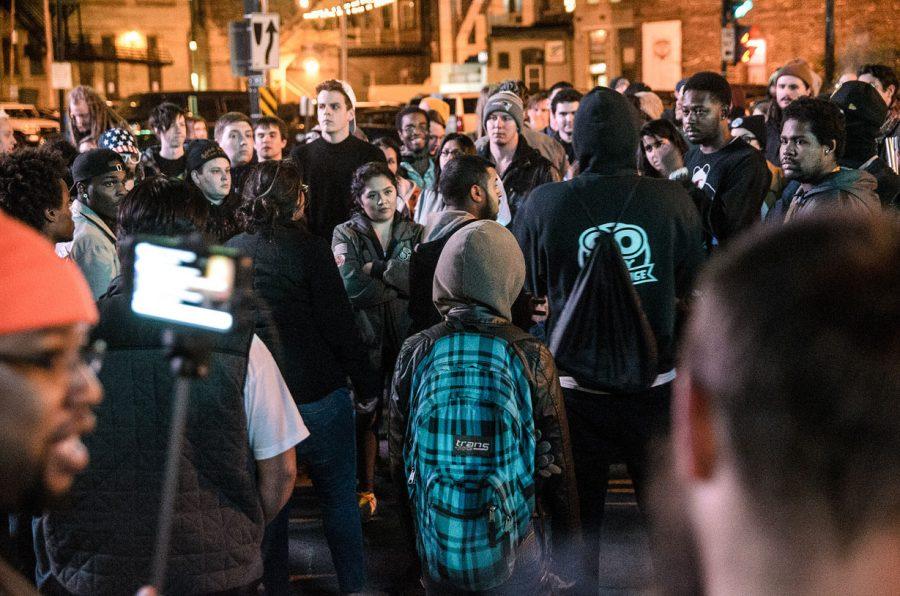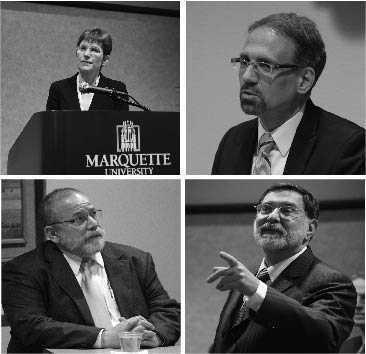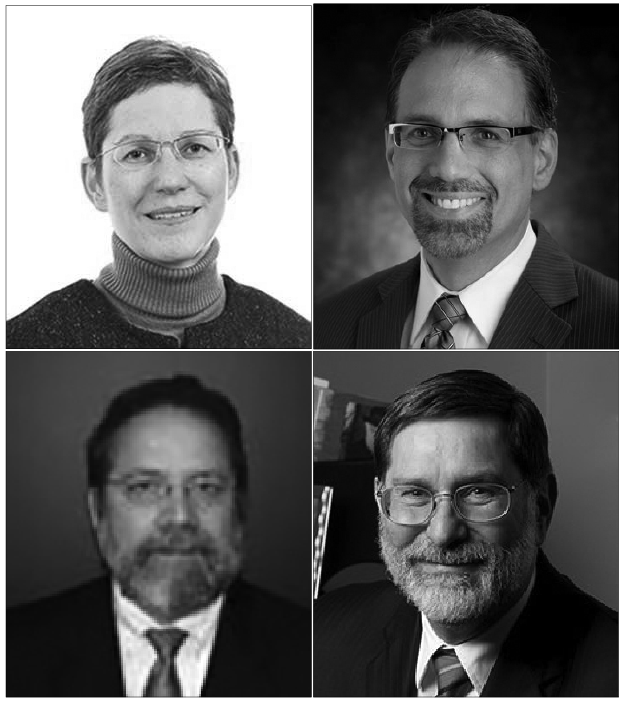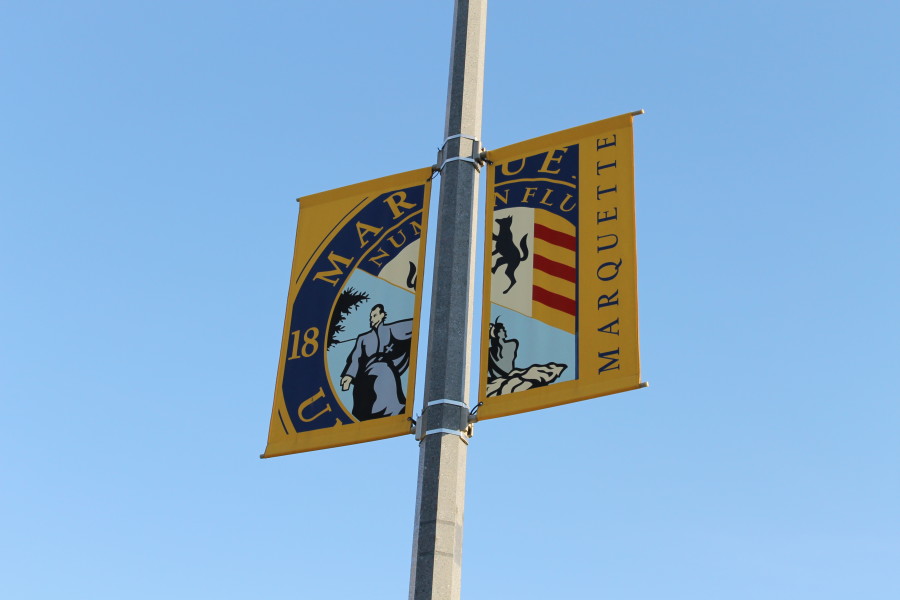As Marquette moves closer to announcing a provost out of final four candidates – John Frendreis, Daniel Myers, Paul Ludden and Rowena Pecchenino – the leadership structure of the candidates’ current institutions is one of the determining factors for their qualification.
“In the campus listening sessions since summer of 2013, students, faculty, staff and others have repeatedly said that Marquette University needs a provost who has the ability to devise and execute strategic initiatives to achieve the goals identified in our strategic plan,” said John Su, head of the provost selection committee. “All four finalists have experience with institutions in which provosts have this ability, and all four finalists have demonstrated records of achievement.”
John Frendreis has been a faculty member at Loyola University-Chicago since 1987 and currently works there as a political science professor. Loyola’s leadership chart is nearly identical to Marquette’s structure in that both institutions have their provost as second to the university president. Additionally, both universities require all other academic affair groups to report back to the provost.
“I have the privilege of overseeing the implementation of our academic and student development programs,” said Loyola Dean John Pelissero in his welcome message. “The Office of the Provost coordinates the work of the Division of Academic Affairs and collaborates with the Student Development Division to fulfill the university’s academic mission. Our primary goal is to deliver a transformative education in the Jesuit tradition in which students learn and develop as persons.”
Daniel Myers is a vice president and associate provost for faculty affairs at the University of Notre Dame. Notre Dame’s power structure is different as it splits the power after the president into two roles: the provost and the executive vice president. Much like Marquette, the provost of Notre Dame is in charge of academic affairs, and the vice president manages public affairs.
“The challenge of wrapping together our faith-based heritage while further strengthening our academic excellence is a rare opportunity and, for me, a special dream,” Notre Dame provost Thomas Burish said in his appointment acceptance.
Paul Ludden is the provost and vice president for academic affairs at Southern Methodist University. As provost, Ludden is responsible for overseeing all the academic programs and units of the University, supporting and shaping the direction of undergraduate and graduate education, supporting faculty teaching and research and overseeing university academic policies, according to SMU’s Office of the Provost page.
“I view my job as provost to support the initiatives of the deans,” Ludden said in his question-and-answer session at Marquette on Jan. 14. “I support all the major activities of development across the university.”
Rowena Pecchenino serves as dean and vice president of the faculty of social sciences at the National University of Ireland, Maynooth. Maynooth’s leadership structure is made up of a University Executive, which is chaired by the university president. This University Executive is a team of academic and administrative leaders who support the president in his role by providing collective leadership and management for the university community, according to Maynooth’s website. They assist the president in developing, implementing and reviewing the university strategic plan and in managing academic, administrative, financial and other university activities. Pecchenino is a member of the University Executive.
“Maynooth University is a thriving research enterprise, a vibrant and exciting place to learn, and importantly, is a university that maintains a very strong connection between research and teaching, and a very strong commitment to teaching and learning,” said Maynooth president Philip Nolan in his welcome message.
*****
Su said he feels all four finalists have experience with strong provost structures and that Marquette has an “opportunity” in the years to come.
“This is an enormous moment of opportunity for our campus,” Su said. “In my 15 years at Marquette, I’ve never experienced the widespread sense of optimism for the future of our institution. Higher education as a whole faces many challenges, but Marquette has the opportunity to reposition itself more prominently in the landscape of higher education. Colleagues and peers across campus are keen to ensure that our next provost has the experience to help Marquette seize this opportunity.”

